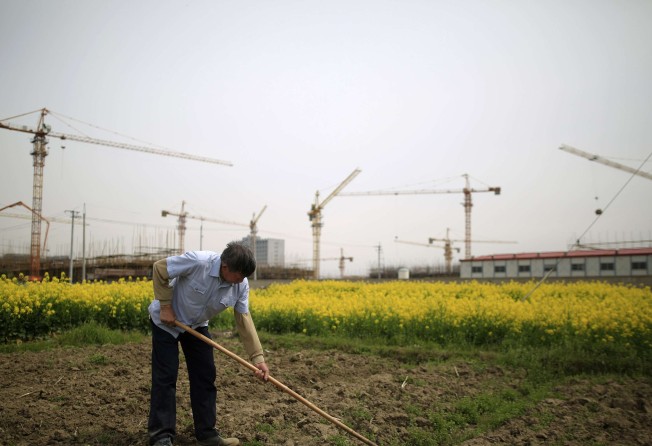China seeks to convince legions of unemployed to start afresh in the countryside
New central government guidelines have instructed local authorities to help newcomers with financing and technical assistance

Migrant workers made redundant by factory closures, fresh college graduates who can’t find good jobs in towns and military veterans who cannot settle down to city life are welcome to try their luck in the countryside, the government suggests.
According to guidelines released by the State Council, those who are having trouble making ends meet in the city or don’t want an urban lifestyle are being encouraged to return to the land and start farming, food processing, leisure agriculture, rural tourism or consumer service businesses.
Local governments have been instructed to help the new settlers with financing, training and technological support, according to the release, which was published on Tuesday.
The guidelines come at a time when the nation’s slowing economic growth is struggling to create good jobs in the cities. Protests by unemployed migrant workers and veterans over inadequate compensation, and massive demonstrations over environmentally controversial projects, are adding to the nation’s stock of social problems.
During the Cultural Revolution in the 1960s and 70s, the government ordered some 17 million city youth into the countryside to “learn from the peasants” and undertake manual labour. But the tidal wave of migration has been one-way in recent decades, with 56 per cent of Chinese living in cities and towns by last year.
Analysts questioned whether the new incentives will actually be implemented or be strong enough to persuade young people to go back to the countryside, where job and business opportunities are scarcer than in the cities. “I think the guidelines will largely stay on paper and not be practised in real life,” said Wang Jiangsong, a professor at the China Institute of Industrial Relations, adding that the move comes at a time of rising labour unrest in mainland cities.